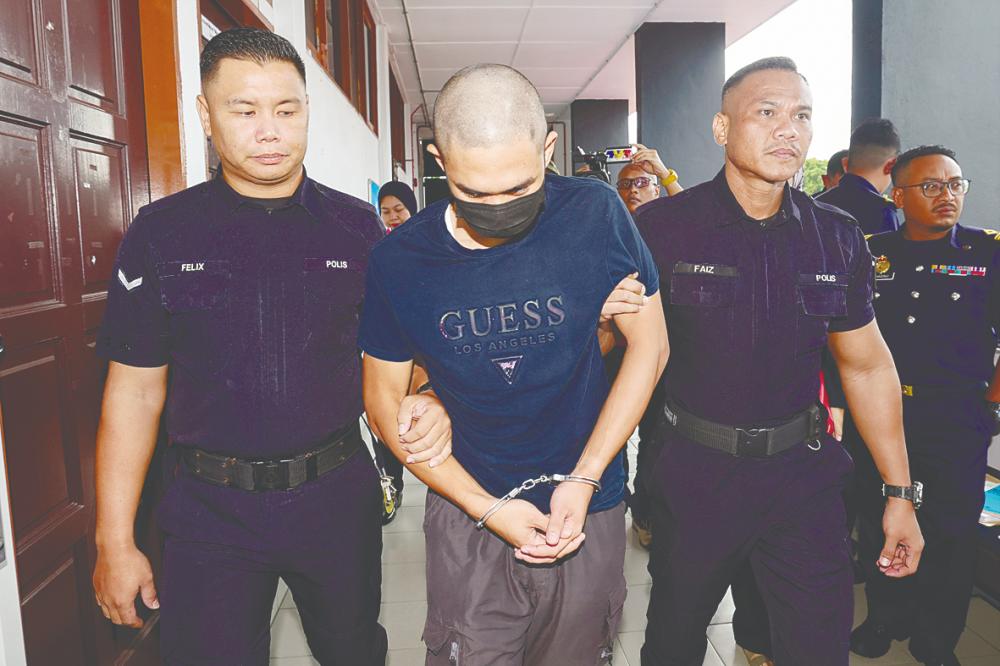PETALING JAYA: Taking pictures or videos of children and sharing them on social media without consent is not only inappropriate but illegal, and the Child Act 2001 is in place to protect children’s privacy, said Bukit Aman Commercial Crime Investigation Department director Datuk Seri Ramli Mohamed Yoosuf.
“In many advanced countries, when children are involved, whether as victims or offenders, their identities are often protected by showing blurred images of them.
“Now is the right time to address the issue because if we do not, people may continue to ignore the emotional and legal consequences of such actions.”
He was commenting on a widely spread TikTok account of a 24-year-old bus driver, who amassed over 600,000 followers by recording videos of minors on his bus without their consent.
Some videos included inappropriate captions, which led to sexual and harmful comments from viewers, and most videos garnered over one million views.
According to Bukit Aman Sexual, Women and Child Investigations Division, from 2017 to March 2022, police received reports from international authorities that 93,359 internet protocol addresses were suspected of being involved in child pornography.
The information was shared with Malaysian authorities by Interpol, the US FBI, and the National Centre for Missing and Exploited Children.
Universiti Teknologi Mara Social and Policy Studies lecturer Prof Dr Yarina Ahmad said social media users often see sharing pictures and videos of children on social media as a common practice, and it is even more concerning when parents share images or videos of their own children.
She said to make their social media accounts more appealing, parents are unknowingly creating opportunities for paedophiles and other predators with deviant desires towards children.
“Despite receiving permission from a child’s parents to record a video, the act of uploading the video demonstrates a disregard for the child’s rights.
“In this context, the justification of permission from parents is not appropriate to support the actions of the bus driver, who may have intentions towards child sexual grooming and be pushing towards the symptoms of paedophilia.”
She said all parties should be aware of the current trends and challenges in the field of child protection, including online exploitation, bullying, gambling and emotional manipulation.
“When it comes to sharing images or videos of children, either in educational or public contexts, consent is a crucial aspect that should be carefully considered.”
Yarina said a lack of privacy could have significant psychological effects on children who spend too much time on social media, especially when parents frequently share details about their children online.
She said parents are indirectly exposing intimate aspects of their children’s lives to a broad audience and such constant exposure could impact their relationships and social skills, potentially leading to antisocial behaviour as they struggle with personal boundaries, online and offline.
“Children should be taught about their rights to privacy and to speak up if they are uncomfortable having their images shared.
“Adults must be aware of the potential consequences of sharing photos or videos without proper consent and should prioritise the wellbeing of the children involved.”









